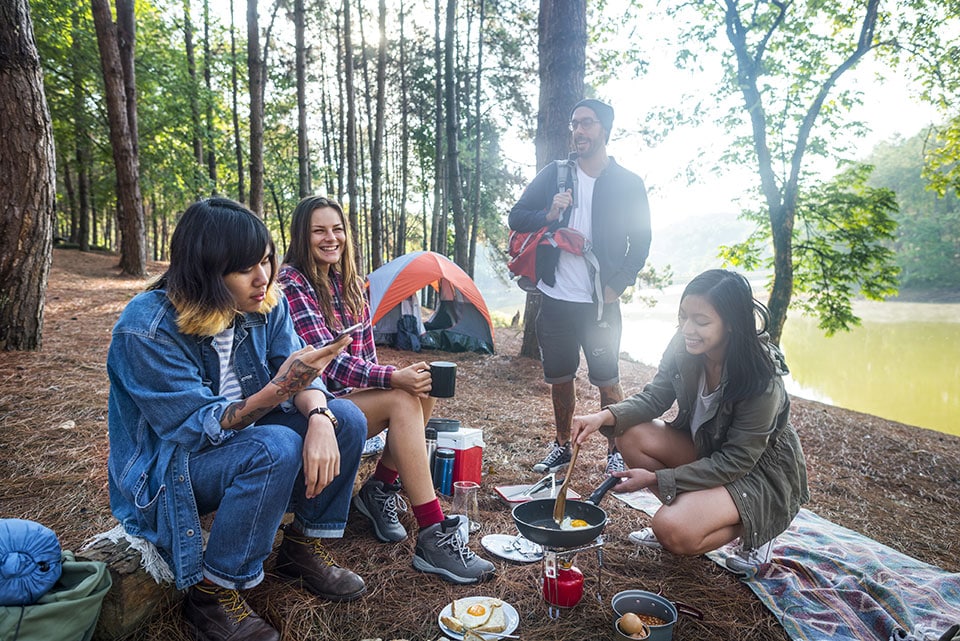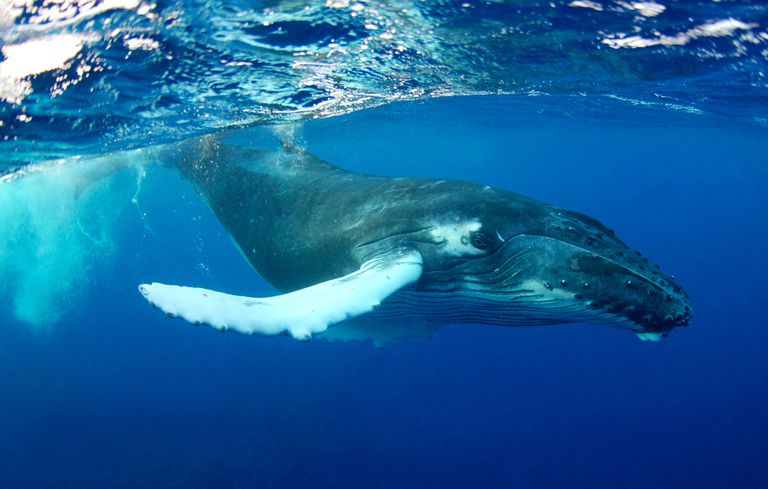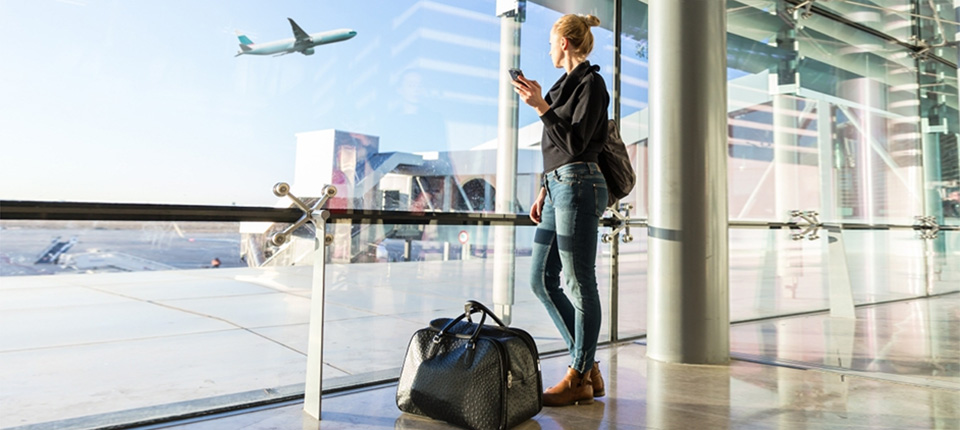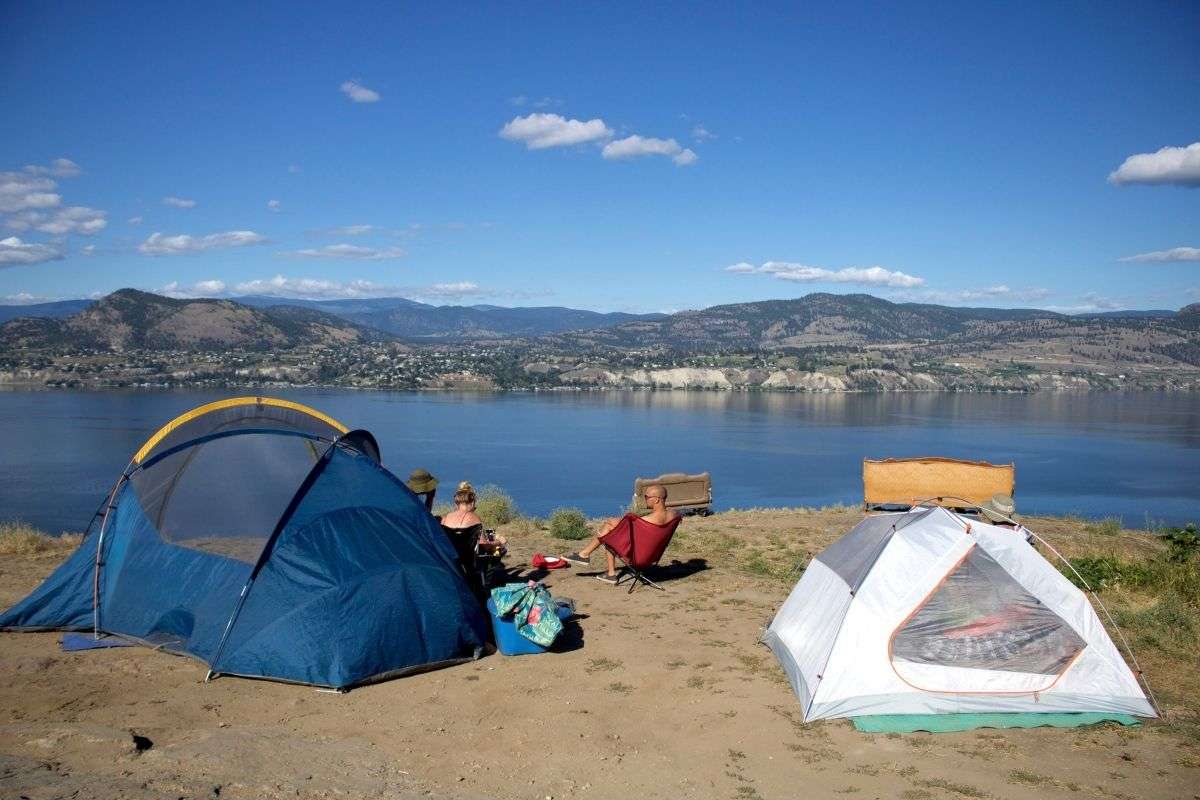Camping is a wonderful way to connect with nature, escape the hustle and bustle of daily life, and create lasting memories. However, it’s crucial to prioritize safety during your outdoor adventures to ensure a pleasant and incident-free experience. Whether you’re a seasoned camper or a beginner, this article provides valuable tips to help you stay safe and secure while enjoying the great outdoors.
- Research and plan your trip
Before embarking on a camping trip, take the time to research and plan your adventure thoroughly. Familiarize yourself with the location, including any potential risks such as wildlife encounters, hazardous terrain, or severe weather patterns. Understand the rules and regulations of the area, including any permits or licenses required for camping. Planning ahead will enable you to make informed decisions and minimize potential risks.
- Inform others about your plans
Always inform a trusted friend or family member about your camping plans. Share essential details, such as your destination, the duration of your trip, and your expected return date. Provide them with contact information for the campground or park, as well as emergency services in the area. Regularly update your loved ones about any changes in your itinerary. This precaution ensures that someone is aware of your whereabouts and can take action if needed.
- Pack essential safety equipment
Packing the right safety equipment is crucial to handle any unforeseen circumstances. Here are some essential items to include in your camping checklist:
- First aid kit: Carry a well-stocked first aid kit, including bandages, antiseptic ointment, pain relievers, tweezers, and any necessary medications.
- Navigation tools: Bring a map, compass, or GPS device to help you navigate unfamiliar trails and avoid getting lost.
- Lighting equipment: Pack extra batteries, flashlights, and lanterns to ensure visibility during nighttime activities.
- Communication devices: Carry a fully charged mobile phone, a portable charger, and a whistle for signaling for help.
- Fire safety equipment: Include a fire extinguisher, matches, and a fire starter, following all safety guidelines for campfire usage.
- Set up camp with safety in mind
When choosing a campsite, prioritize safety considerations. Look for level ground away from potential hazards such as dead trees, overhanging branches, or rocky areas. Avoid camping near bodies of water or low-lying areas prone to flash floods. Clear the camping area of debris, including dry leaves and brush, to minimize fire risks. Additionally, familiarize yourself with local wildlife and take precautions, such as storing food properly and using bear-proof containers if necessary.
- Stay updated on weather conditions
Weather conditions can change rapidly during outdoor adventures, so it’s essential to stay informed. Check weather forecasts before and during your camping trip, especially if you’re in an area susceptible to severe weather like thunderstorms or hurricanes. Be prepared to modify your plans or evacuate if necessary. Bring appropriate clothing and gear to protect yourself from the elements, including rain gear, warm clothing, and sun protection.
- Practice campfire safety
Campfires are an integral part of the camping experience, but they can also be hazardous if not managed properly. Follow these campfire safety tips:
- Choose designated fire rings or pits whenever possible.
- Clear the area around the fire pit from flammable materials, keeping a safe distance from tents and other structures.
- Keep a bucket of water or a fire extinguisher nearby for emergencies.
- Never leave a campfire unattended, and fully extinguish it before leaving or going to sleep.
- Follow local regulations and guidelines regarding fire bans or restrictions.
- Respect wildlife and nature
While enjoying the beauty of the outdoors, remember to respect wildlife and their natural habitats. Keep a safe distance from animals, as they can be unpredictable and potentially dangerous. Store food securely to prevent attracting wildlife to your campsite. Dispose of trash properly, following the “Leave No Trace” principles, to minimize the impact on the environment and help preserve the wilderness for future generations.
Conclusion:
Camping is a fantastic way to reconnect with nature, relax, and rejuvenate. By prioritizing safety and following these tips, you can ensure a secure and enjoyable camping experience. Buy 12 gauge ammo with latest guns for a secure outdoor adventure. Remember to plan ahead, inform others of your plans, pack essential safety equipment, choose campsites wisely, stay updated on weather conditions, practice campfire safety, and respect wildlife and nature. With these precautions in place, you can embark on your camping adventure with confidence, knowing you’ve taken the necessary steps to stay safe while immersing yourself in the great outdoors.









